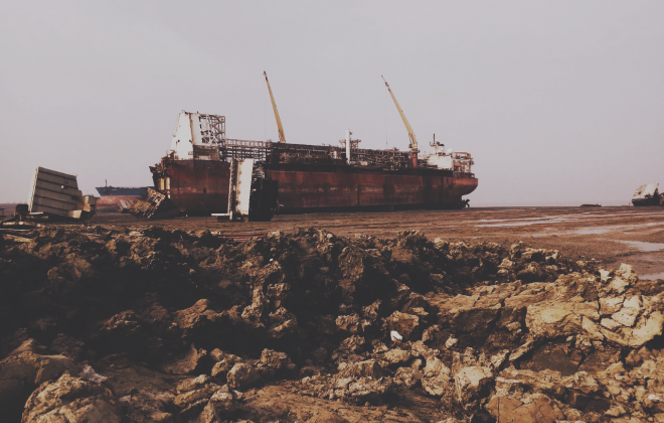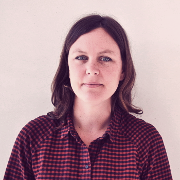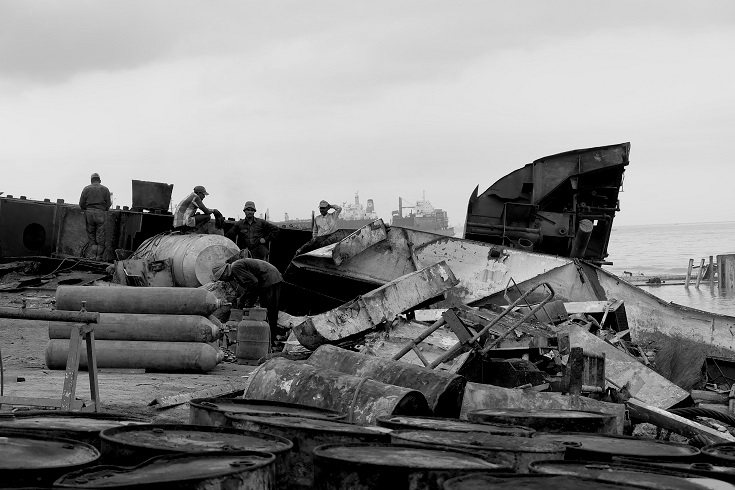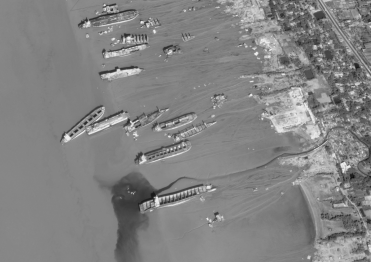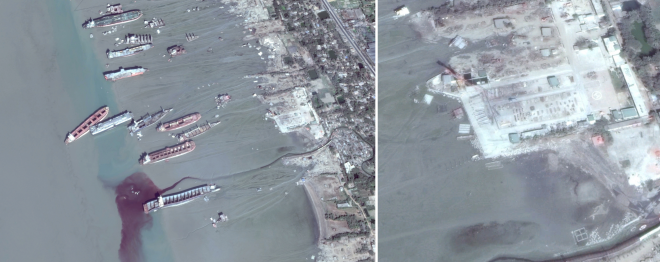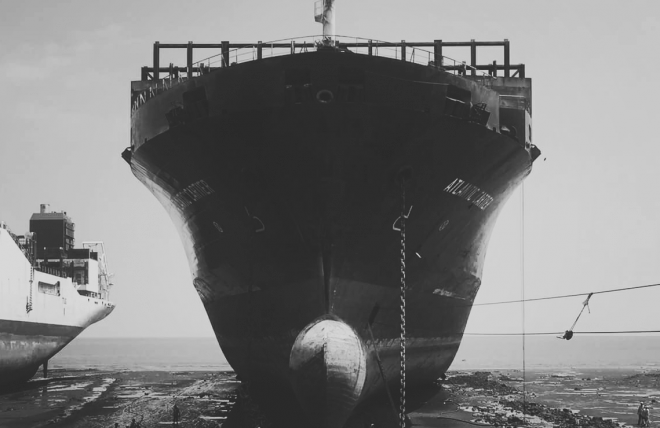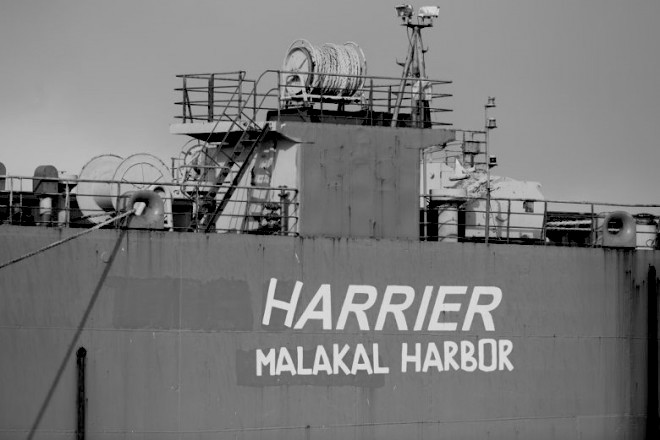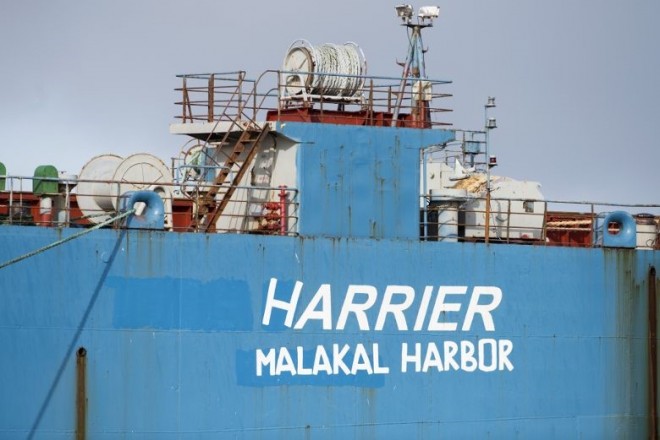On Monday, the NGO Shipbreaking Platform, an international coalition of labour, human rights and environmental organisations, withdrew their participation from the TradeWinds Ship Recycling Forum that starts today in Hamburg. This is in response to a letter from cash buyer GMS threatening to sue unless the Platform removes all mention of GMS from their website. The Platform has frequently exposed the cash buyer for enabling the dirtiest and most underhanded practices in the shipbreaking industry [1]. Tradewinds refused to replace GMS company staff as chair in the sessions in which the Platform was to participate as experts, despite being noted that it is a conflict of interest and inappropriate to allow discussions to be moderated by a person representing a company that is threatening to legally attack a session invitee.
“No company would accept to participate in a debate moderated by someone threatening to sue them”, says Ingvild Jenssen, Founder and Director of the NGO Shipbreaking Platform. “We regret not being able to present our views at TradeWinds where we would have especially provided our support to the many financers, investors and authorities that are now engaging to set a standard for the industry and who are demanding to move the industry off the beach”, she adds.
In reaction to the attempt by GMS to silence critical civil society voices that reveal the company’s unethical, dangerous and environmentally disastrous business practices, the Platform’s legal counsel in Belgium and in the US has further responded in a letter that neither an apology nor retractions will be forthcoming.
“We have no intention to remove truthful information from our website and will not apologise for reporting on the business of trafficking ships for dirty and dangerous breaking. It is our organisation’s mission to provide authorities, journalists, and industry stakeholders with information on the deplorable realities of current shipbreaking practices which encourage the circumvention of existing labour and environmental protection laws“, says Ingvild Jenssen.
The harassment by GMS comes in addition to the earlier threat to sue the Platform made by PHP, a Bangladeshi shipbreaking yard and a supporting sponsor of this year’s TradeWinds Ship Recycling Forum.
NOTE
[1] Dubai-based GMS has been involved in several cases of illegal hazardous waste exports that are being/have been investigated by authorities and the police in several countries. For instance:
- GMS was revealed to be the cash-buyer for the illegal export of the North Sea Producer from the UK to Bangladesh: https://old.danwatch.dk/en/undersogelse/maersk-og-det-farlige-affald-i-bangladesh
- Three drill rigs stacked in Scotland were stopped from leaving after their destination was suspected to be to a beaching yard in South Asia. GMS has been confirmed as the buyer of the rigs: https://www.energyvoice.com/opinion/162853/opinion-scrap-shady-underbelly-offshore-industry/?utm_source=twitter
- Last year, a worker in Bangladesh claimed compensation for injuries incurred while breaking a ship owned by Zodiac Maritime. GMS was revealed to be the cash buyer behind the sale to the shipbreaking yard: https://www.theguardian.com/global-development/2017/dec/02/chittagong-shipbreaking-yards-legal-fight
- In 2009 the company was fined $518,500 dollars by the US EPA for illegally exporting a PCB laden passenger liner to South Asia: http://www.marinelog.com/DOCS/NEWSMMIX/2009jan00311.html

